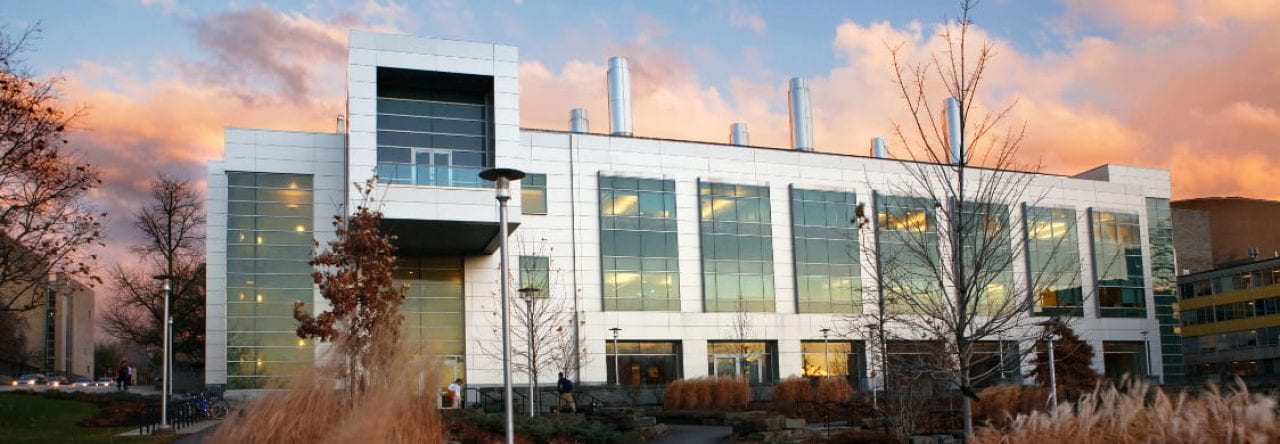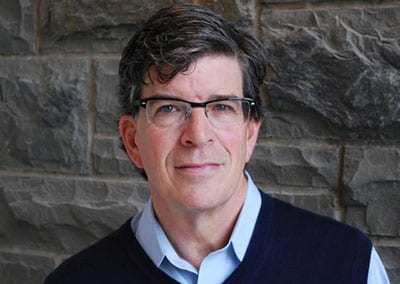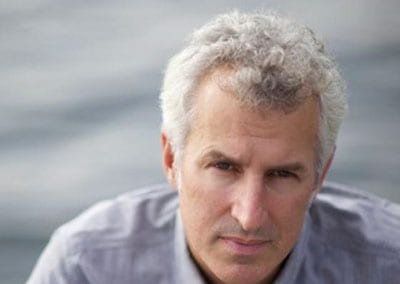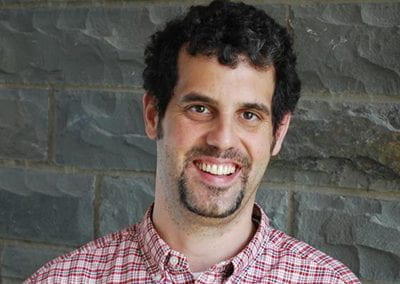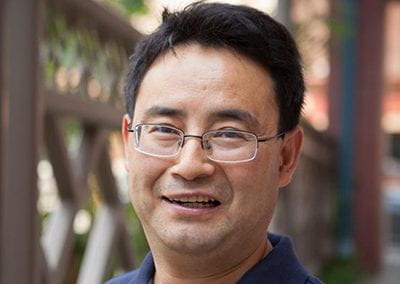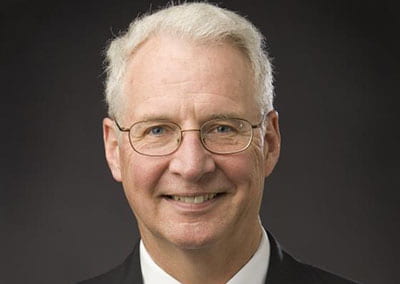Undergraduate Degree Program for Environmental Engineering
Are you interested in environmental engineering? A stream of stories in the news document environmental concerns. Increasingly complex and coupled scientific and social issues call for creative and well-trained environmental engineers.
The environmental engineering major inspires students and provides opportunities to engage with the local community, the nation and global society. The focus of the undergraduate program is to educate the leaders of the next generation’s environmental engineering professionals working in industry and in government. However, we recognize the need for direct engagement in research and outreach to inform the undergraduate program, to help it to remain cutting edge and to provide those leaders with an appreciation of scientific and public issues.
Environmental Engineers may work as researchers, designers, planners, operators of pollution control plants and water supply systems, educators, consultants to private and public businesses, government regulatory agency officials, or program managers in profession and technical engineering societies.
Environmental Engineers design systems to provide energy from renewable and sustainable energy sources, and prevent, reduce, or repair environmental damage caused by human activities. They work to contain, reduce, or prevent hazardous waste, air pollution, or contaminated streams and groundwater. They may also design water treatment plants to deliver safe drinking water to municipal residents or design pollution control systems for industries and cities. They help in the reconstruction of stream channels, and wetlands and estuaries to preserve the environment and to maintain habitat for fish and wildlife.
Your Cornell education will address current problems, so you will have the opportunity to act on issues that professional engineers face every day. You will work closely with faculty members—established leaders in the field—who are addressing cutting-edge issues in their research and consulting.
In addition to studying chemistry and physics, as an environmental engineering student you will study biology, microbiology, fluid mechanics, and hydrology. You will learn to employ biological, chemical, and engineering principles to model the effects of human activities on environment quality, or to help you design drinking water-treatment and wastewater-treatment systems.
The environmental engineering (EnvE) major is offered jointly by faculty members in biological and environmental engineering (BEE) and in civil and environmental engineering (CEE).
Outcomes
The world needs people who have a sense of purpose and a first-class engineering education, who are prepared to tackle modern environmental problems and sustainability issues. Students wishing to pursue a master of engineering (M.Eng.) degree in environmental engineering can solve problems that are closely related to either civil engineering or biological engineering. Whether you study biofuels development, sustainable agriculture, soil and water systems, or applied molecular bioengineering, as an M.Eng. graduate, you will be highly sought after by employers in both the public and private sectors.
Master of Engineering Degree Program
Students wishing to pursue a master of engineering (M.Eng.) degree in environmental engineering can solve problems that are closely related to either civil engineering or biological engineering. On the civil engineering side—clean water, efficient transportation systems, urban renewal, rural development—civil and environmental engineers strive for harmony and balance between the constructed human environment and the natural world. Every aspect—including design, development, creation, operation, and renewal—is aimed at protecting the public while preserving the health of the natural environment.
On the biological engineering side—a rapidly growing field where engineering practice meets quantitative biology—engineers work toward practical, sustainable solutions to a wide variety of human health and environmental challenges. Whether you study biofuels development, sustainable agriculture, soil and water systems, or applied molecular bioengineering, as an M.Eng. graduate, you will be highly sought after by employers in both the public and private sectors.
Some Areas of Faculty Research
- aquatic chemistry
- application of molecular biology to microbial populations
- atmospheric chemistry and climate modeling
- contaminant transport, fate, and remediation
- environmental systems
- fluid mechanics and hydrology
- renewable energy systems
- sustainable resource management
- sustainable water treatment processes for developing countries
- waste conversion to bioenergy
- water-resource systems
- watershed modeling
Environmental Engineering by the Numbers
Number of Environmental Engineering undergraduate students: 121
- College of Engineering: 41
- College of Agriculture and Life Sciences: 80
Starting salaries of B.S. Environmental Engineering graduates (three-year average):
- Median salary: $63,000
- High salary: $91,000
Post-graduate plans for environmental engineering graduates at the time of graduation (three-year average):
- Employed 56%
- Attending Graduate School 40%
- Seeking Employment 4%

